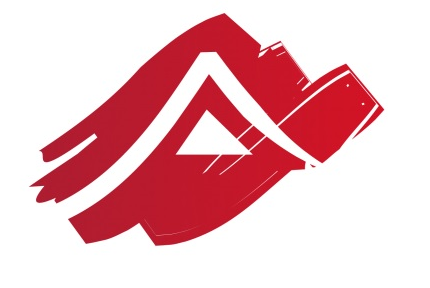Talent Management as part of the HR process is one of the main challenges that organizations are facing worldwide. Resulting from the rapid changes in technology, globalization and government regulations, the workforce is reshaping, as people tend to have different approaches to learning, working, collaborating and leading.
Given the complexity of the environment, many organizations are implementing HR programs to better understand, manage and retain talent within the company. The new solutions in HR programs include the implementation of psychometrics and AI-based technologies, with the goal to increase talent retention, customize employee management and personalize career planning.
Based on a recent study, Talent Intelligence, and Management Report, 2018 by Harris Interactive and Eightfold, almost 70% of the CEOs and CHROs, believe that AI can be used to provide internal mobility for employees, improve retention and employees’ growth. However, only 22% of companies are early adopters of AI in solving talent program challenges.
Additional statistics from the same research are saying:
- 83% of the employees want a new job, while only 53%
want to change the company.
- 73% of companies have difficulties finding talent and 66% struggle to keep talent.
- Over the next year, 28% of the open positions will not be filled, leading to existing employees’ greater workload.
Employers tackling the topic of new HR solutions and implementing its services to improve the Talent Management are rising. The common denominator of the new generation of HR solutions lies in the skills approach, emphasizing the importance of candidate’s soft skills. These solutions can be classified into four bigger groups:
- Detection of employee’s skills and employee’s support in internal mobility. Companies such as Clustree, 365Talents provide these solutions. Clustree, a French-based company, leverages bias-free algorithms and Machine Learning (ML) to detect employees’ skills and appetencies by merging multiple sources and automatically recommending internal job opportunities, training courses, mentors or possible career paths. The solution allows organizations to boost internal mobility, forecast skill needs and improve employee experience through a deeper understanding of their profiles. The key advantage is to provide personalized career management advices at every stage of the employee’s professional journey. 365Talents on the other-hand, provides an intelligent platform solution, which analyzes unstructured data in order to match employees’ profiles and opportunities. It focuses mainly on measurable skills, rather than soft ones, by using ML and Natural Language Processing (NLP). They provide solutions for internal mobility, managing and staffing projects by connecting the supply and demand skills within the company, workforce planning and personalized training for employees.
- Employee’s learning and development. Example for platform providing such services is Praditus. They focus mainly on leadership, self-awareness and soft skills enhancement for company’s employees with an agile approach by using ML and psychometrics. Moreover, they provide range of products for individual or team -based assessments and services including e-learning, face-to-face or online trainings. The individual or team insights contribute to better self-awareness and consequently better performance and job-satisfaction. Another example is Uptale, which provides a unique learning experience through a live interactive 360° Virtual Reality technologies. Their solution enables people to learn in real-life situations, remotely, and enjoy it at the same time, while acquiring new hard and soft skills through gamification.
- Developing workforce. Providing such solution is the US-based company Catalyte, focusing on untapping the market potential and lowering the gap between unqualified employees and unfilled positions in the IT sector. “The key to find the right people is by identifying the metrics you are trying to move the needle on and then tying them to data you can collect on a person.” is the company’s perspective. Supported by AI and data-driven approach they are spotting the attributes that can predict an individual’s ability to succeed in a given role, mainly as a developer. Offering further mentoring of approximately five months within a team to leverage on the peer-based learning, the candidates that were not entirely qualified for an unfilled position after a certain period can become a great match. The main goal is to create a more productive and diversified workforce, solve challenges in IT and social mobility.
- Employee’s engagement and well-being within the company. The US-based company Luminoso is providing solutions to analyze employees and customers text-based feedback. Luminoso automatically pulls the most relevant themes from any open-ended text data in 14 languages by using AI technologies, especially Natural Language Processing in order to better understand the untapped feedback and identify trends, positive and negative feedbacks. These insights can help to identify employee’s engagement, customer’s satisfaction and the link between them, if any.Companies use insights uncovered by Luminoso to streamline their contact centers, monitor brand perception, and optimize the customer and employee experience.
Overall, the new generation of HR solutions aims to turn company’s talent management into a competitive advantage. The goal is to leverage on solutions and technologies that enhance the employee’s journey and create a meaningful and positive working experience for each individual.
Pierre MAURIN Partner ALHAMBRA International
Sara MIHAJLOSKA Junior Consultant ALHAMBRA International



